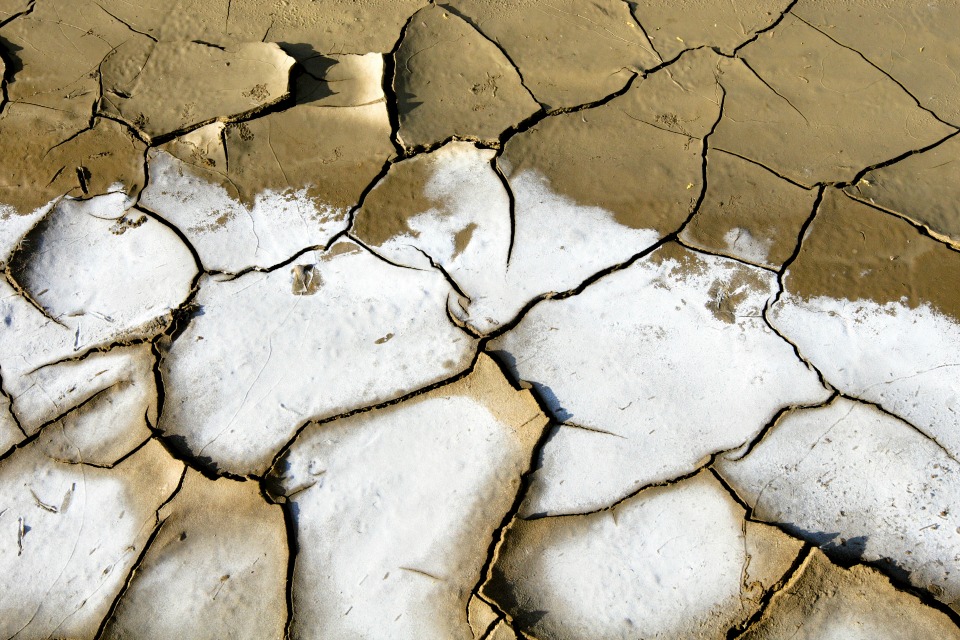"Tackling water insecurity at a global level will need to be a joint effort and a joint investment, one requiring regional cooperation."
Statement by Ambassador Matthew Rycroft, UK Permanent Representative to the United Nations, at the UN Security Council Open Debate on Water, Peace and Security

Thank you Mr President.
At the outset let me welcome the analysis shared by the Secretary-General and all our briefers this morning. And I join others in paying tribute to you, Mr President, for your leadership in bringing this vital issue to the Council.
An important part of our responsibilities as the Security Council in delivering Sustainable Development Goal 16 is having a broad enough definition of the threats to international peace and security, not to encroach on the responsibilities of other parts of the UN system, but to join up with them.
And on this, Senegal is providing leadership and putting that leadership into practice, through the Senegal River Basin Organisation. I commend the cooperation that you have fostered with Mali, Mauritania and Guinea on flood defences and hydropower. It’s is a welcome example of managing transboundary water challenges through cooperation rather than conflict.
But sadly, we’re in need of more examples of best practice. The statistics speak for themselves. Unless we take action, in less than 10 years time, up to two and a half billion people – that’s a third of today’s global population - could be vulnerable to water insecurity. Unless we take action, by 2030 – the year that we’re supposed to have achieved the Global Goals, including SDG 6 on water and sanitation – then global demand for freshwater will outstrip supply by 40%.
Mr President, this is a problem not just for tomorrow, but for today. Every year water insecurity costs the global economy $500 billion. That’s 500 billion lost to inadequate water and sanitation, lost to urban flood damage, lost to agriculture wastage through droughts and floods.
For the people affected by this issue today, it’s about much more than money. It’s about life and death. Take the villagers of Kiangwe, in Lamu County in Kenya. Water scarcity there means that inhabitants spend sleepless nights walking to dried up wells in the hope of securing just a few bottles of water. It means them choosing to risk their lives by walking through territory full of Al Shabaab fighters. It means leaving their children at home, alone, hungry and thirsty.
And from that village in Kenya, you can extrapolate and see the risk that this issue poses to international peace and security. Scarcity of water affects food and energy production, damaging economic growth. It increases local tensions, causing conflicts over access to water within states as well as within regions. And as demand increases, it is possible that such conflicts will broaden to include member states themselves or even lead to the targeting of water infrastructure. So I fully endorse the remarks that the briefers made about respecting international humanitarian law and about the importance of protecting water infrastructure. I also like the idea that we heard earlier about water related ceasefires in conflicts.
So what more can be done? Well, the United Kingdom is already active in helping to tackle this set of problems.
Over the next four years, the UK will be contributing $43 million to improve the management of shared waters in Southern Africa. We’ll be doing so in partnership with the German Ministry for Economic Cooperation and with the Climate Resilient Infrastructure Development Facility, which is a private sector organisation that designs and finances water infrastructure.
In an increasingly water-scarce region, this programme will help SADC countries build water infrastructure, such as storage reservoirs, irrigation, and water supply systems. It will enable countries to share data on water levels with their neighbours to allow timely flood and drought warnings. And it will build the capacity of the institutions such as River Basin Organisations to help them manage water resources in shared river basins, and in doing so it will help countries in the region use these resources to grow their economies and reduce poverty.
Perhaps most importantly, we expect this programme to help up to 3 million of the poorest people in the region so that they can cope better with the impacts of climate variability and climate change – particularly floods and drought.
And we won’t be doing this alone. Through this project we hope to raise nearly $500 million from the private sector, including companies with a high dependency on water, as well as from national governments and development banks, so that together we can plan and construct water infrastructure for communities within SADC member states.
Because, ultimately, tackling water insecurity at a global level will need to be a joint effort and a joint investment, one requiring regional cooperation. Holding this Security Council session is an important step towards that collective, cooperative effort. And we shouldn’t underestimate the scale of the challenge ahead. The global investment deficit for water governance and infrastructure alone is $198 billion per year.
But together we can make a difference if we invest in the information, the institutions and the infrastructure required to deliver water security. And when combined with the right political interventions, including by this Security Council, we can together reduce the impact of water problems at local, national and regional levels.
Thank you.